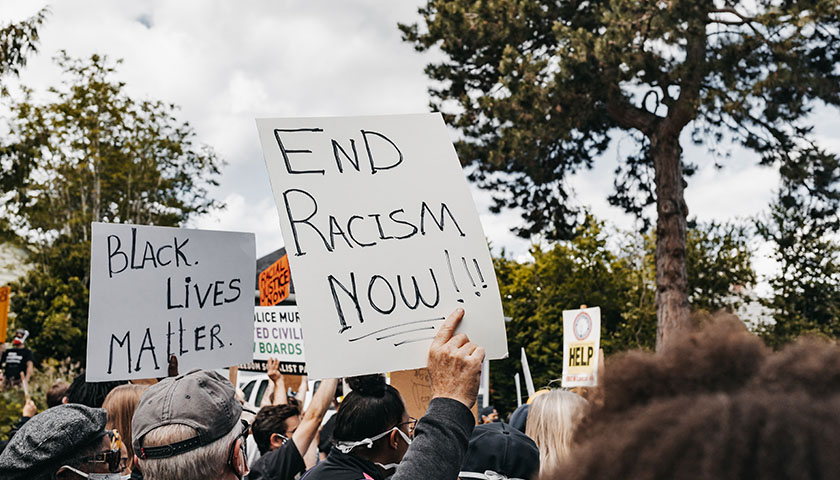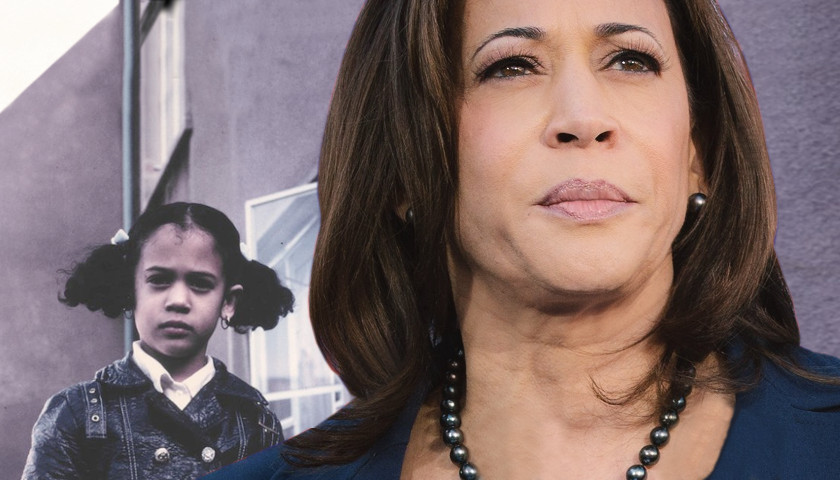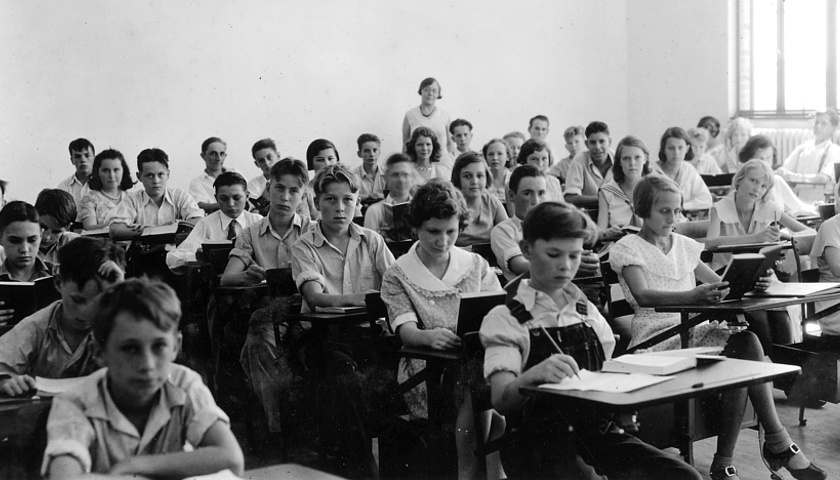People old enough to remember the academic culture wars of the late 1980s and early ’90s have a special insight into this year’s controversy over critical race theory. I don’t mean insight into the identity politics of the old days and into the identity politics of 2021, though the basic features are the same whether we are talking about the English syllabus in college in 1989 or the equity lesson in elementary school this fall. I mean, instead, the particular way in which liberals have handled the backlash once the trends in the higher education seminar of yore and in the 6th grade classroom of today have been made public.
Here’s what happened back then. In the 1970s and ’80s, a new political awareness crept into humanities teaching and research at elite universities, casting the old humanist ideals of beauty and genius and greatness as spurious myths, as socially constructed notions having a political purpose. We were told that they are not natural, neutral, or objective. No, they are Eurocentric, patriarchal, even theological (in that they presumed a transhistorical, universal character for select masterpieces). Shakespeare, Milton, Bernini, et al., were not on the syllabus because they were talents superior to all others. No, they were only there because the people in control were institutionalizing their biases. This whole canon thing, the revisionists insisted, was a fake. As Edward Said put it in “Secular Criticism,” “The realities of power and authority . . . are realities that make texts possible,” and any criticism that skirts the power and authority that put Shakespeare on the syllabus and not someone else is a dodge.
They could diversify, then. That’s what the skepticism enabled them to do. They could drop requirements in Western civilization. They needn’t force every student through a “great books” sequence. The “classics” are just one possibility among many others. That was the policy outcome at one tier-one campus after another.
Read More



